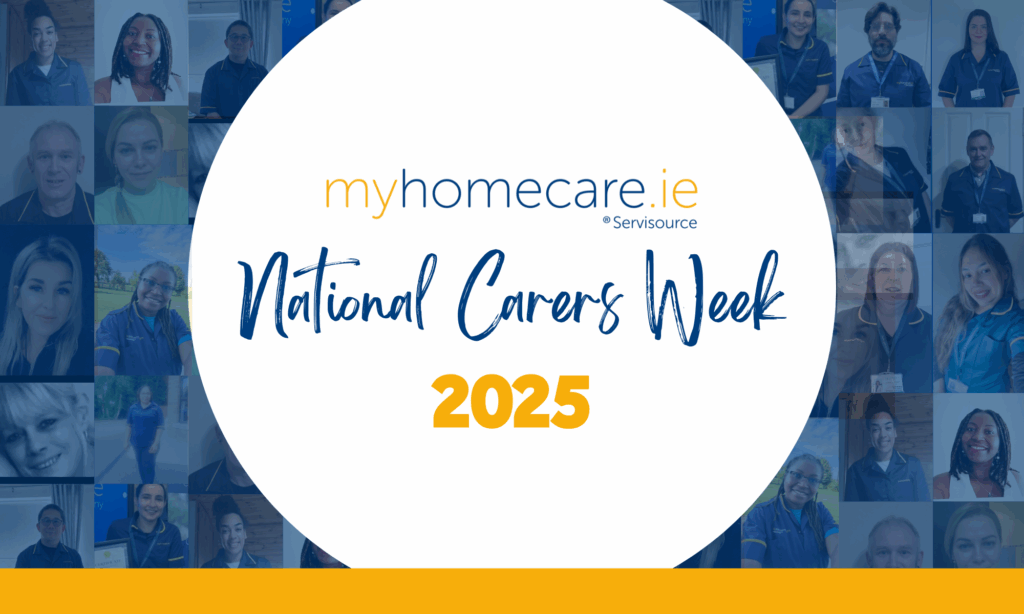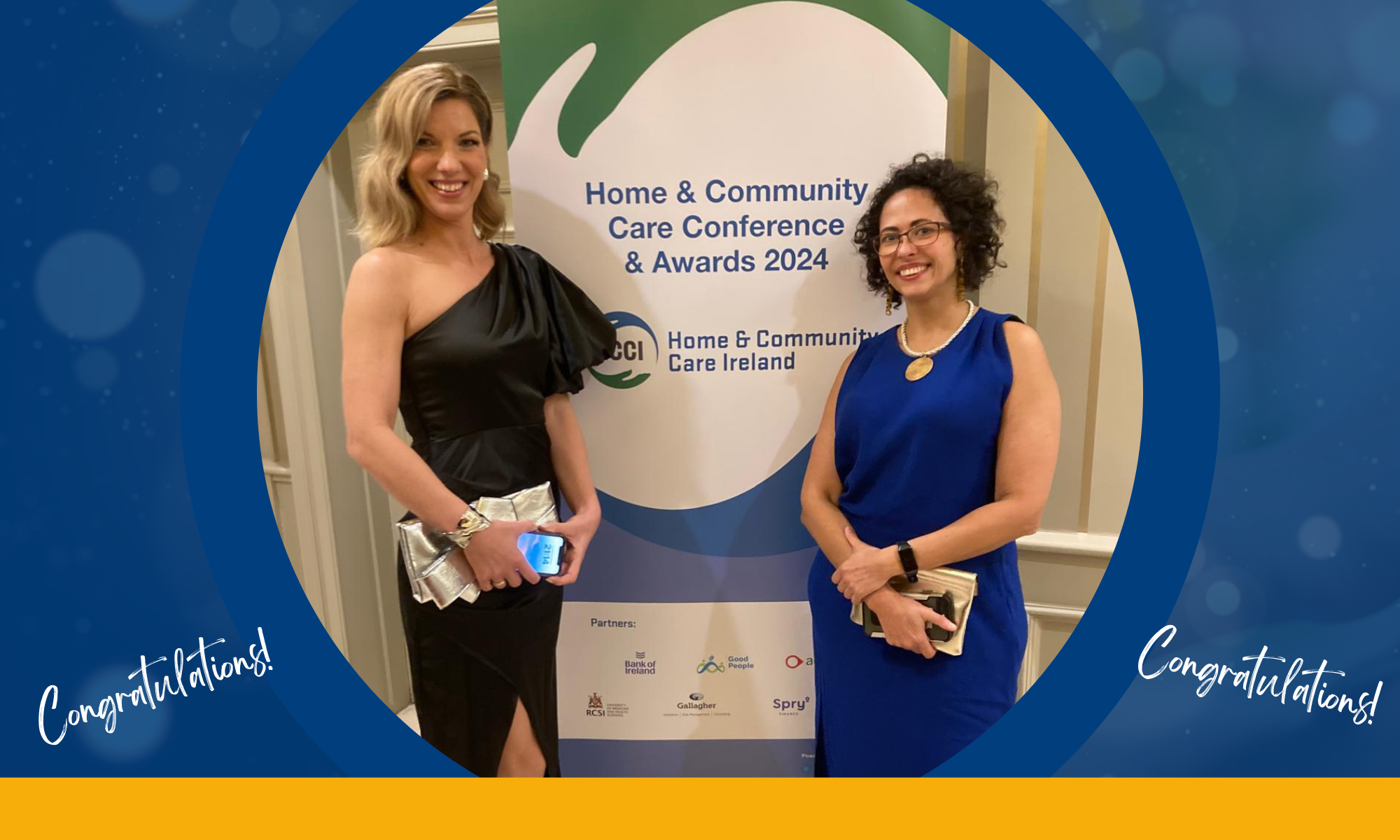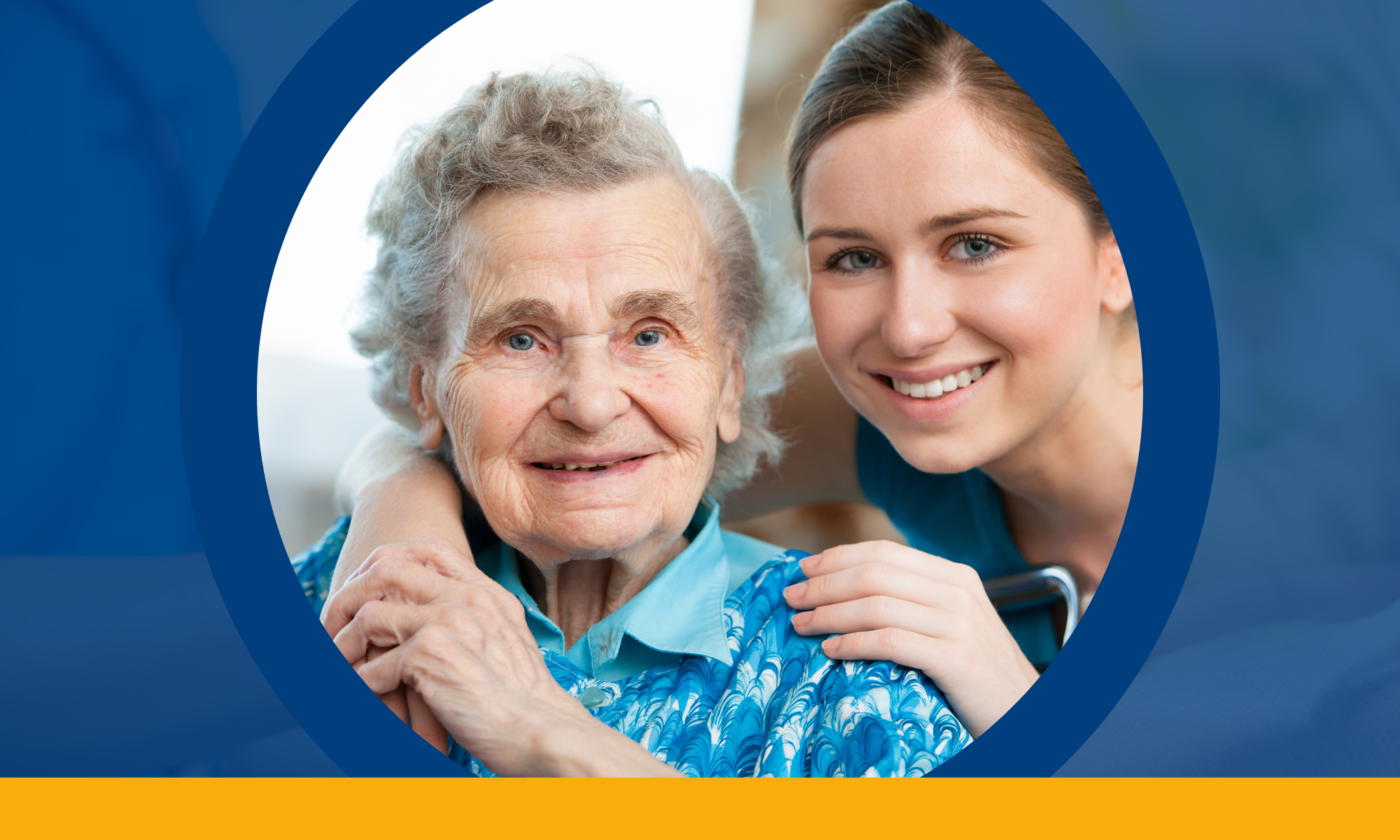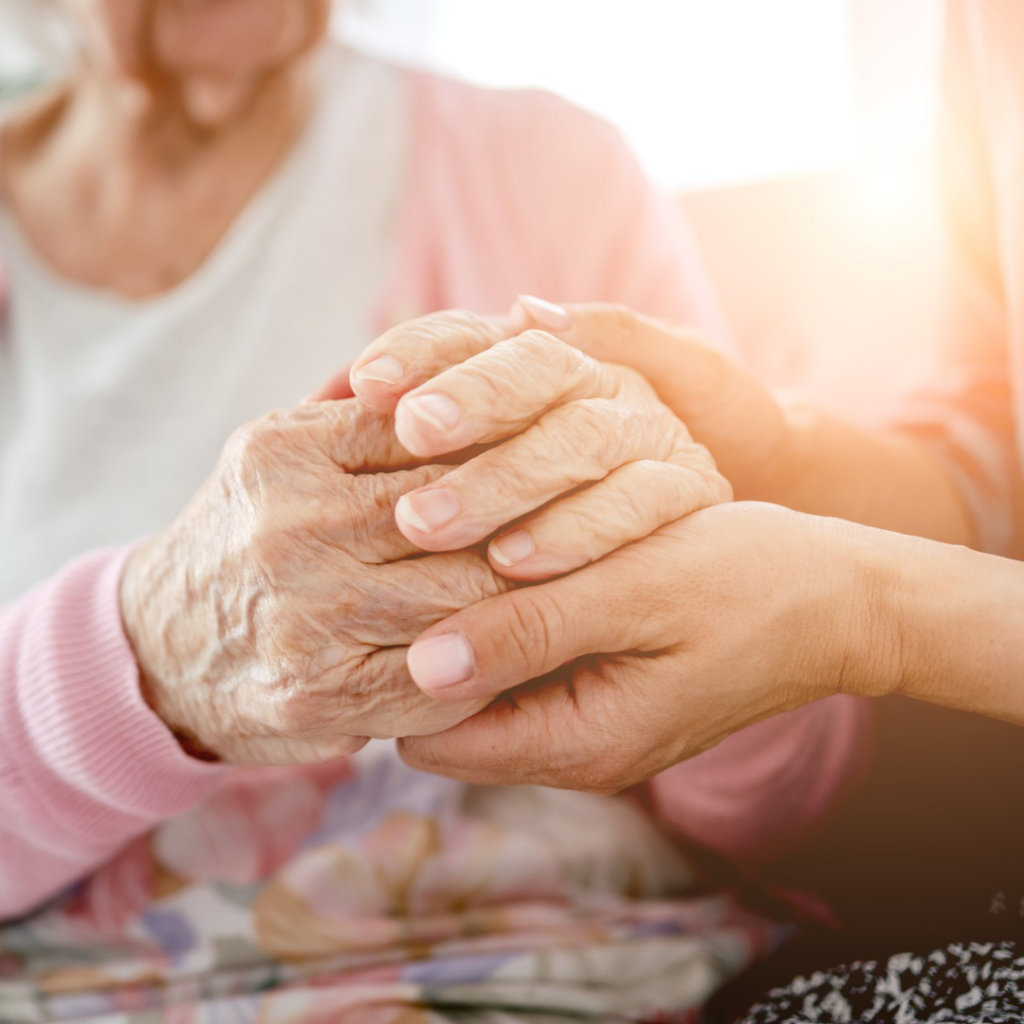
Celebrating National Carers Week 2025 at Myhomecare
Carers Week is dedicated to recognizing and supporting the incredible work performed by carers.
National Carers Week, now in its nineteenth year, is coordinated by Care Alliance Ireland in partnership with seven other leading Irish charities who support Family Carers: The Alzheimer Society of Ireland, Irish Cancer Society, Disability Federation of Ireland, MS Ireland, Acquired Brain Injury Ireland, Irish Hospice Foundation, and Rare Ireland.
Details of the events taking place throughout National Carers Week are available at https://www.carersweek.ie/events Share your story using this hashtags for this years theme; #MakingCaringVisible and #CarersWeek2025.
Denis Corkery
Carers Name: Denis Corkery
Location: Cork

Q. How long have you been working with Myhomecare?
12 years with Myhomecare.
Q. What do you enjoy most about working with Myhomecare?
I find this role very rewarding, working one on one with clients. I have been working with my client for 10 years, and we have a very good relationship.
Q. What advice would you give to someone interested in a career in care?
I would highly recommend this role to follow as it is very rewarding and I love going to work each day.
Carers Week Message
Name: Marianna Javorszki
Location: Louth
“They just brighten up”
Click on the link below to hear Marianna’s experience with Myhomecare.
Marianna’s Video
Lisa Brazil
Carers Name: Lisa Brazil
Location: Kilkenny

Q. How long have you worked as a Carer? How long have you been a member of the Myhomecare Team?
I have being working as a carer now for 28 years. I have happily been a member of the Myhomecare Team for five years.
Q. Why did you choose caring as a profession?
I chose caring as a profession as I have always enjoyed being with people and also after caring for my own grandmother in her later years made my realise that I could go onto helping others and make a rewarding career with it.
Q. What do you enjoy most about being a Carer?
I really enjoy my role as a carer as each day as I meet such lovely , interesting people and making a difference to there day enabling them to remain at home whilst keeping as much indepedence at home and having choice and control over their own care . I get to build great relationships with people and also learn so much from them at the same time , I get a variety of work , I always feel good at the end of my day feeling satisfied that I have made a difference to their day.
Q. Do you have any advice for someone who would like a career in care?
If any one was thinking of becoming a carer or having a change of career I would encourage them to do so as it’s such a rewarding role.
Sandra Petrova
Carers Name: Sandra Petrova
Location: Louth

Q. How long have you worked as a Carer? How long have you been a member of the Myhomecare Team?
I’m working as a carer for 5 years. I’m working with Myhomecare for 1 year and 9 months, I’m very happy here. I love my clients, I love my job, I work full time and sometimes I get loads of extra calls😅
Q. Why did you choose caring as a profession?
I was dreaming since I was child that I will become a Doctor, but destiny turned me a different way. I’ve tried so many different jobs, I was a secretary, I was a book keeper, I was a team leader, but i didn’t like them all, until I filled in the form on Facebook for a carer job and studies. I was happy from the first minute i started. It was hard work to study and do my job but I made it!
Q. What do you enjoy most about being a Carer?
I’m enjoying everything I’m doing, I’m happy to see them smiling when they see me, that the smile from their faces never fades.
Q. Do you have any advice for someone who would like a career in care?
Being a carer is hard work, so you need to think if you really want to do it, because our clients deserve good carers, not bad ones. My advice is: Treat your clients the way you wish to be treated 😊
Linda Omotayo
Carers Name: Linda Omotayo
Location: Dublin

Q. How long have you worked as a Carer? How long have you been a member of the Myhomecare Team?
Sandra has been a carer for 15 years and has been part of the Myhomecare team for 10 years!
Q. What do you enjoy most about working as a carer?
I love helping people. I love to see people being happy. I was raised by grandmother so every time I go to visit my clients, I feel like I’m helping my granny.
Q. What do you enjoy most about working as a carer?
I love helping people. I love to see people being happy. I was raised by grandmother so every time I go to visit my clients, I feel like I’m helping my granny.
John Walsh
Carers Name: John Walsh
Location: West of Ireland

Q. Why did you choose a career in care?
I chose a career in care because I have always been deeply moved by the struggles of those who are facing health challenges.
Every person deserves to feel valued, respected, and supported, especially during their most vulnerable times. Being able to provide comfort, understanding, and assistance to those who are sick is a privilege and an honour.
Q. What do you enjoy most about working with Myhomecare?
What I enjoy most about working with Myhomecare is the incredible sense of friendship and camaraderie that exists among all the staff and management.
We are like a close-knit family, always supporting and encouraging each other. This positive and collaborative environment allows us to provide the best possible care for our clients.
Knowing that we are all in this together, working towards a common goal of improving our clients’ lives, makes every day rewarding and fulfilling. It’s truly inspiring to be part of such a dedicated and compassionate team.
Q. What advice would you give to someone interested in a career in care?
To anyone interested in a career in care, my advice would be to embrace the journey with an open heart and a compassionate spirit. This field is incredibly rewarding, but it also requires patience, empathy, and resilience. Remember that your kindness and dedication can profoundly impact the lives of those you care for.
Also, cherish the relationships you build with both your clients and your colleagues—these connections will provide you with invaluable support and a sense of community.
Always be willing to learn and grow, and don’t hesitate to lean on your team for advice and encouragement. Your commitment to caring for others is truly a gift, and it will bring immense fulfillment to both you and those you help.
















